Yes, Fruit Has Carbs

Fruit has natural sugars that add to your daily carb count. It also has vitamins and minerals your body needs. This makes it one of the healthiest sources of carbs you can eat. Every 15 grams of carbs counts as one serving. Don't skip the fruit: Use this guide to make every carb count.
Watermelon
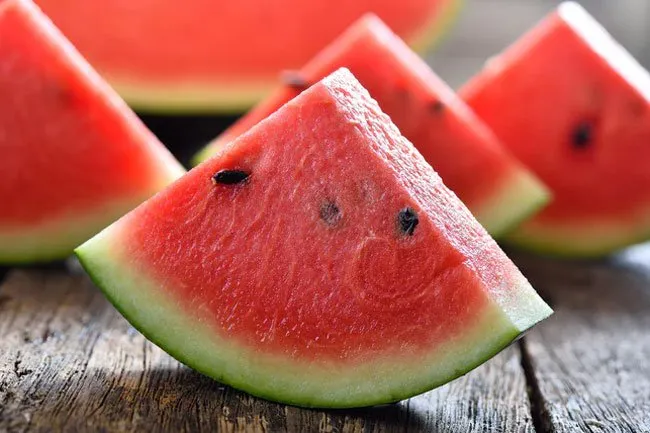
Here's a juicy tip: Cup for cup, fruits that are high in water or fiber have fewer carbs than other fruits. Watermelon, the sweet summertime treat, is 92% water and the lowest-carb fruit by far, with 7.5 carbs for every 100 grams. It also has lots of vitamins A and C. Enjoy one cup, or 10 watermelon balls if you’re feeling fancy.
Cantaloupe

Every 100 grams of cantaloupe you eat will cost you only about 8 grams of carbs. That's a little less than one cup, or a large wedge. Cantaloupe is also cholesterol-free, low in sodium, high in vitamins A and C, and a good source of folate. Toss it into a blender with yogurt for a smoothie snack.
Honeydew

The average person eats 3 pounds of this low-carb fruit every year. The sweetest of all melons, honeydew has about 9 grams of carbs for every 100 grams of fruit -- that's one cup or a small wedge and a half. Even better: It's packed with potassium, copper, and lots of vitamin C.
Strawberries
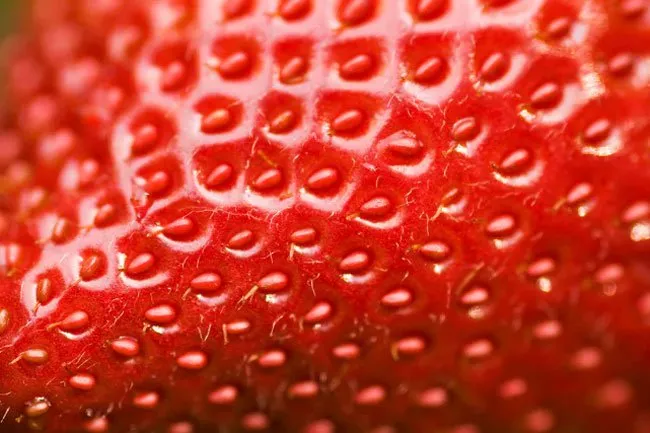
Eight medium strawberries, or one cup of slices, have just a little over 7 grams of carbohydrates -- and almost as much vitamin C as an orange. They're also loaded with phytonutrients that are anti-cancer, anti-inflammatory, and protect your heart. In season during spring and summer, strawberries are great on their own. As tempting as it sounds, don't dip them in chocolate. It'll increase your carb count too much.
Raspberries
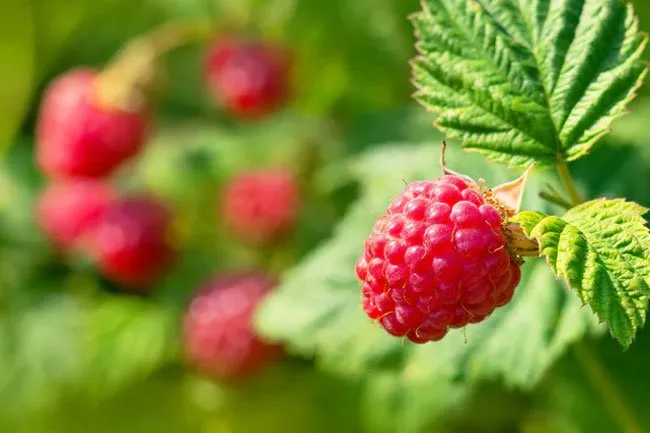
Raspberries go big on fiber -- 8 grams per cup -- which helps keep their carb count low. One cup of raspberries equals one serving of carbs. Try half a cup of raspberries and 8 strawberries for a full serving with a little variety and lots of vitamin C. They go bad within a day or two of purchase, so buy in small quantities and eat them right away.
Blackberries

Fresh or frozen, 20 small blackberries, or one cup, have less than 10 carbs. Their dark blue color makes them highest in antioxidants that fight disease. Because they have lots of fiber and less fructose, blackberries -- and other berries in general -- are less likely to cause gas and digestive issues.
Peaches
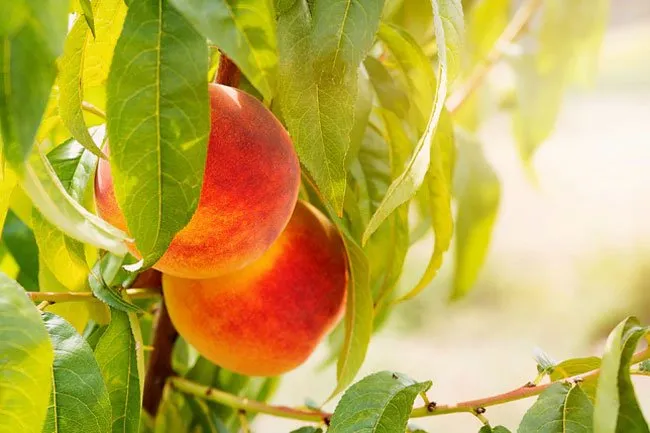
One of the many benefits of low-carb fruit is that you get to eat more of it. Every 100 grams of peaches has .5 grams of fiber and a deliciously low 8 net grams of carbs -- a total you might not expect from something so sweet and juicy. One medium peach has 50 calories, 1 gram of protein, no fat, and 15% of your daily vitamin C. Pair it with cottage cheese for a high-protein, low-carb snack.
Avocado

The avocado, actually a single-seeded berry, is considered a fleshy fruit. It only has 8.5 grams of carbs for every 100 grams -- that's a little less than 1 cup of cubes or slices. Avocados are high in fiber, monounsaturated (or "good") fats, and have more potassium than a banana.
Pineapple
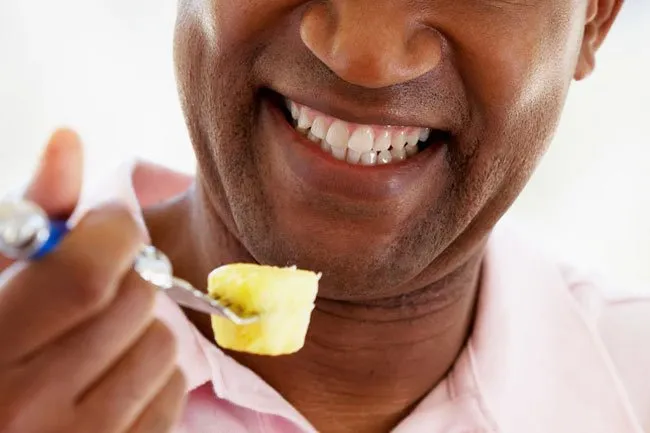
A half-cup of pineapple, or 100 grams, has 11 grams of carbs. This tropical fruit is one of the best ways to get manganese, an essential mineral that affects your nervous system, hormones, blood sugar, and the way your body absorbs calcium. Pineapple is also a natural source of bromelain, an enzyme mix that digests protein.
Plums

A healthy addition to salads, yogurt, and smoothies, plums rank low on the carb count scale. Small but mighty, one medium plum only has 7.6 grams of carbs, but 100 milligrams of potassium to keep high blood pressure and strokes at bay. Steer clear of dried plums, also called prunes: The same 100 grams have a whopping 64 grams of carbs.
The Canned Factor
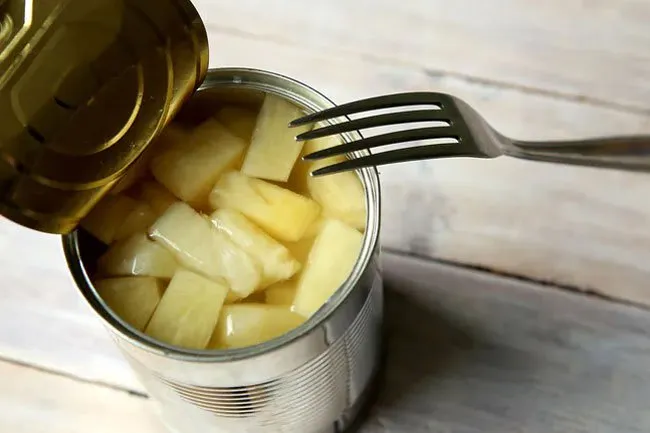
Fresh or frozen fruit is best, but not always possible. The natural juices or syrup in canned fruit have more sugar, which means more carbs. But you can work around that: Look for fruit packed in 100% juice or water, and drain and rinse excess juice off the fruit before you eat it.
Diet and Nutrition: Low-Carb Fruits
This tool does not provide medical advice. See additional information: 
© 1996-2024 WebMD, LLC. All rights reserved.
Source slideshow on WebMD
